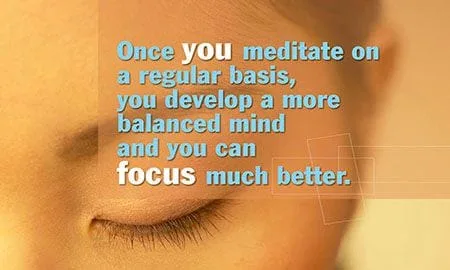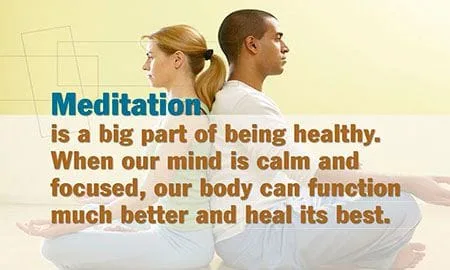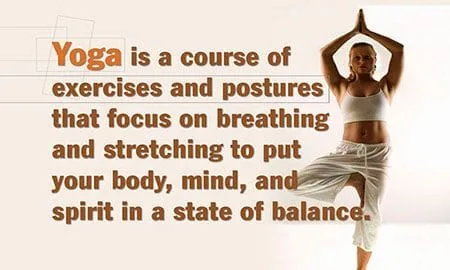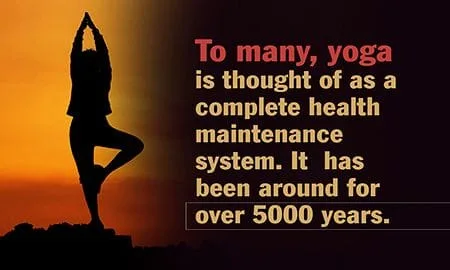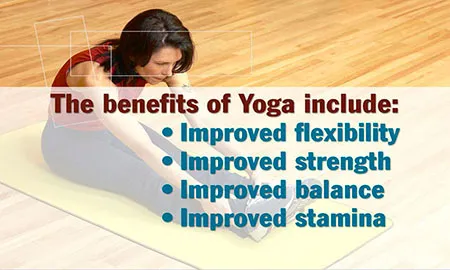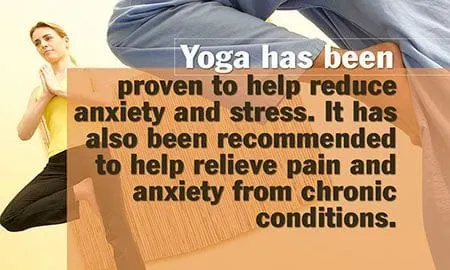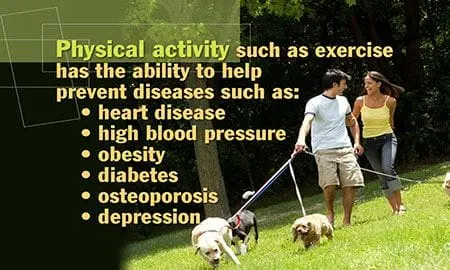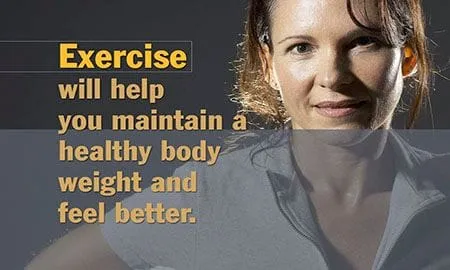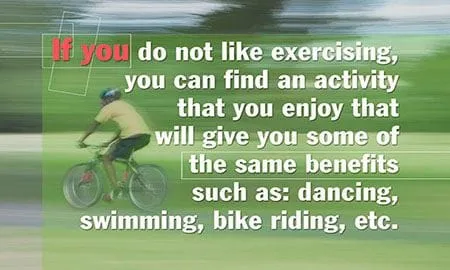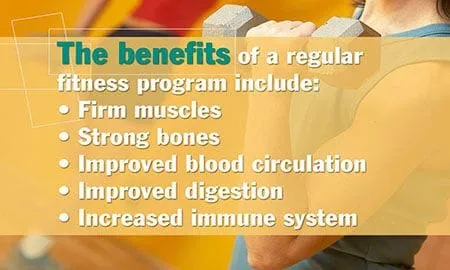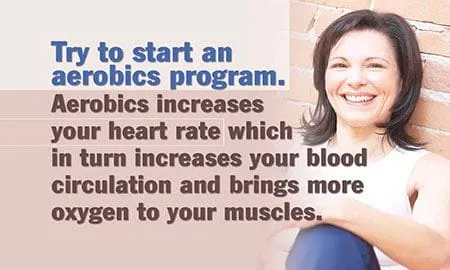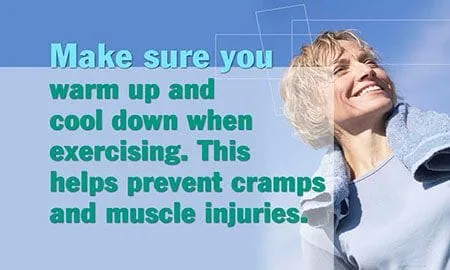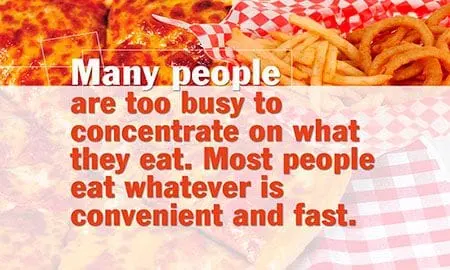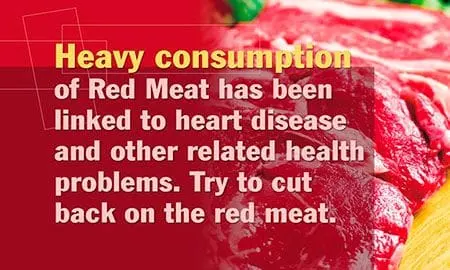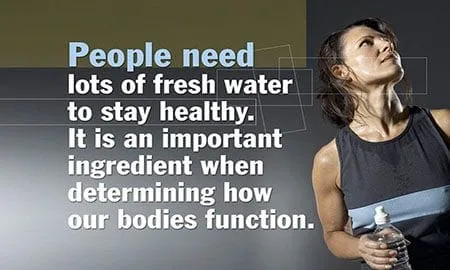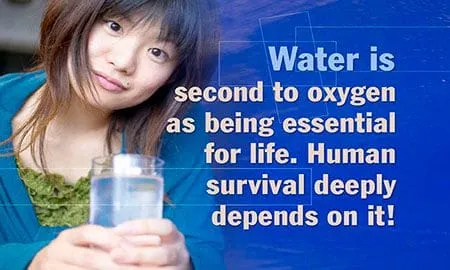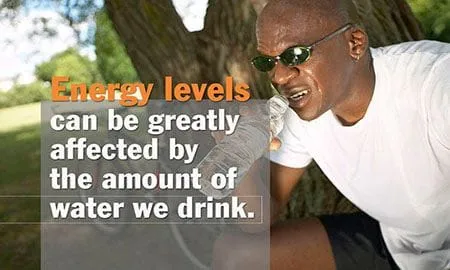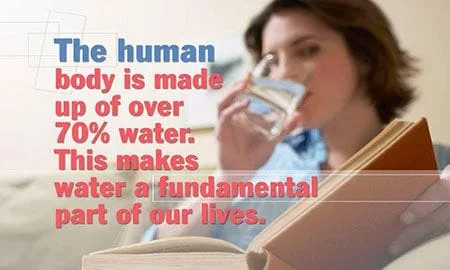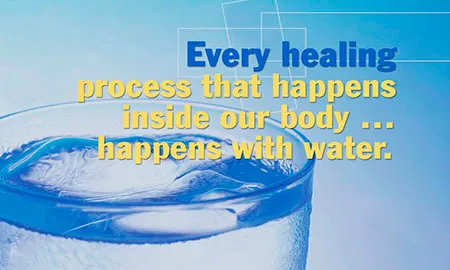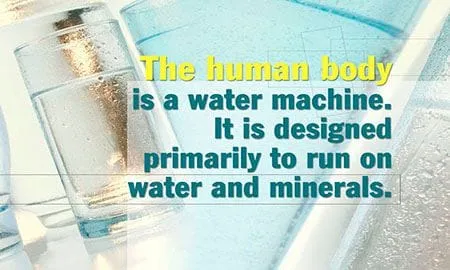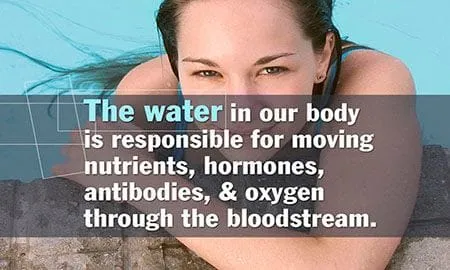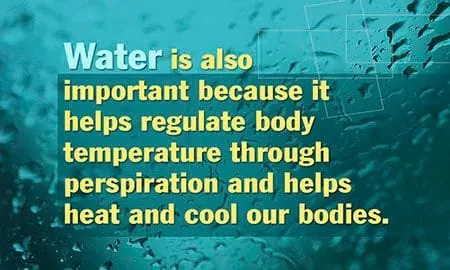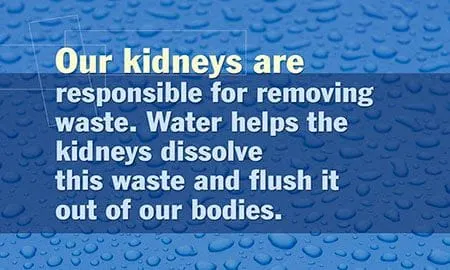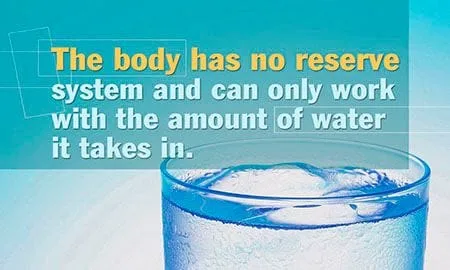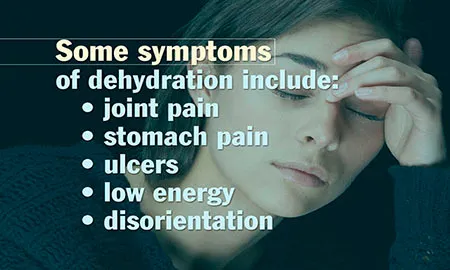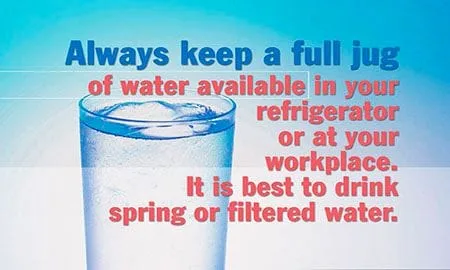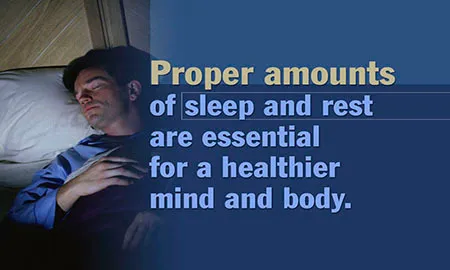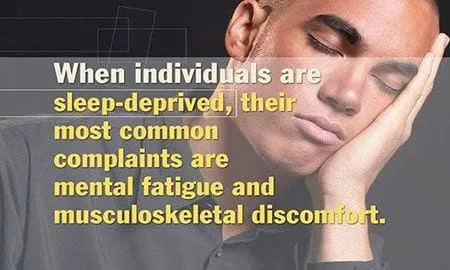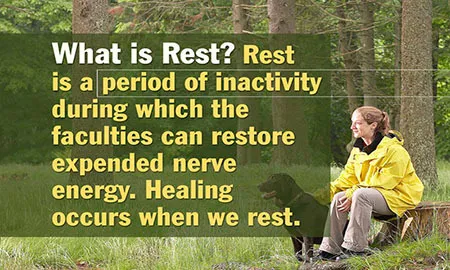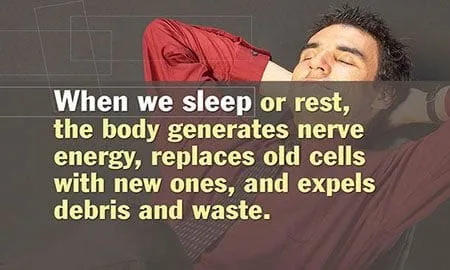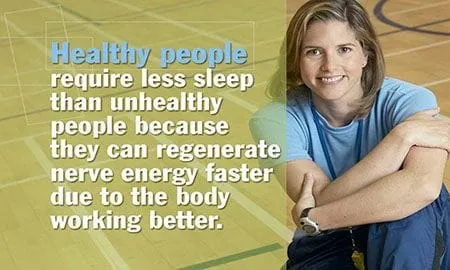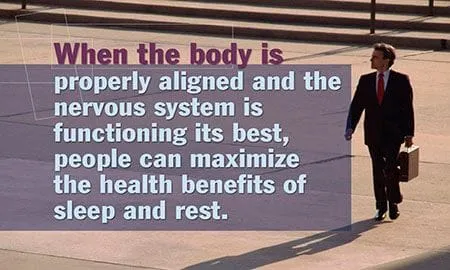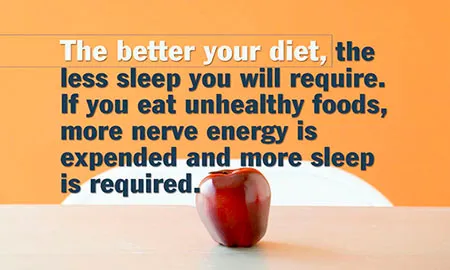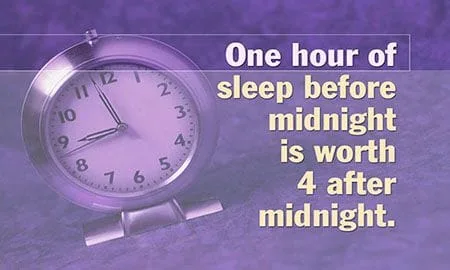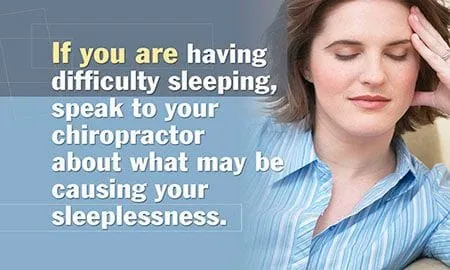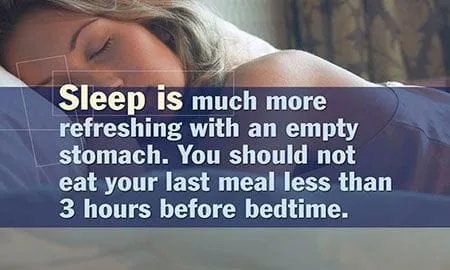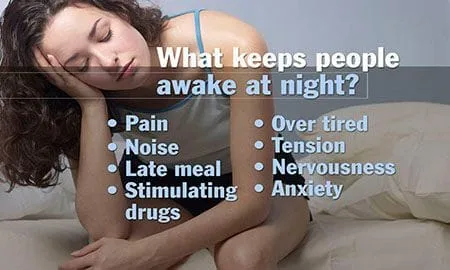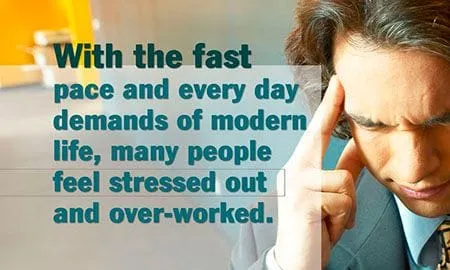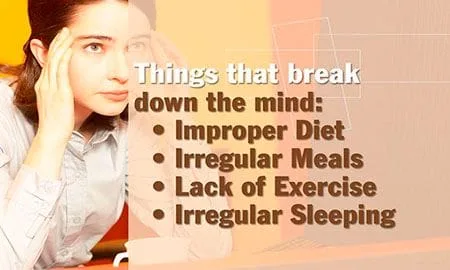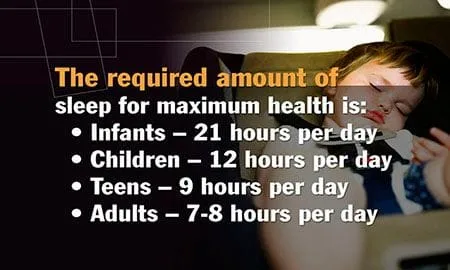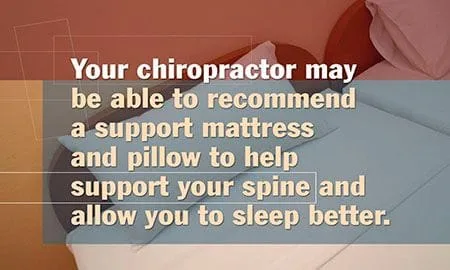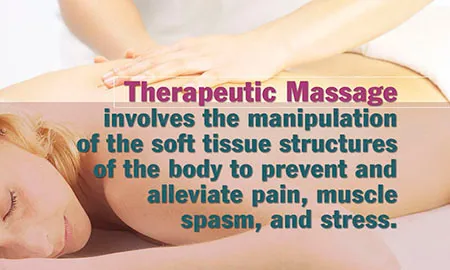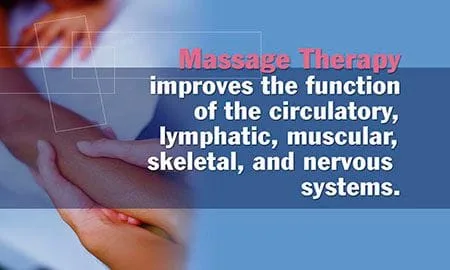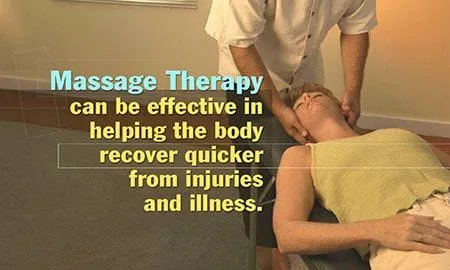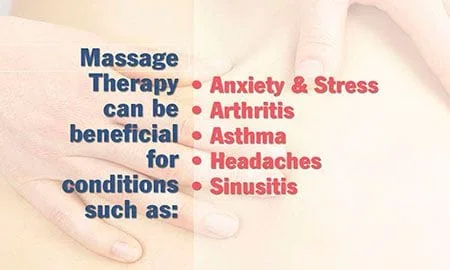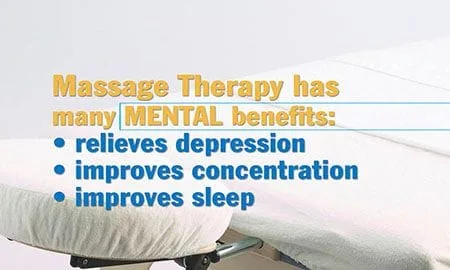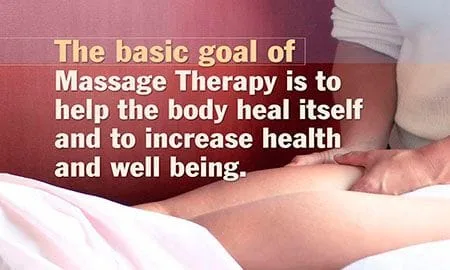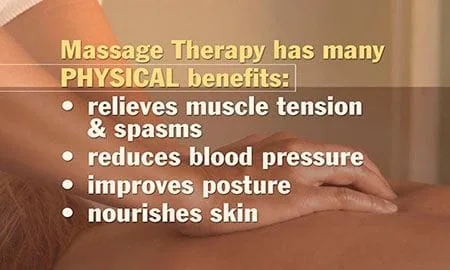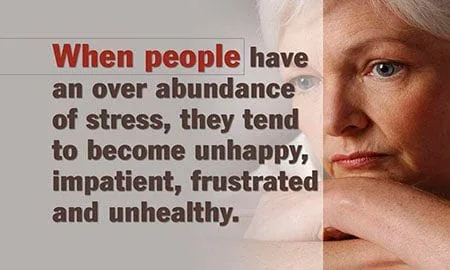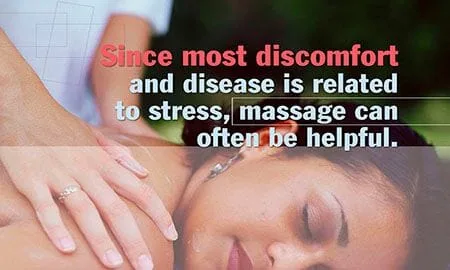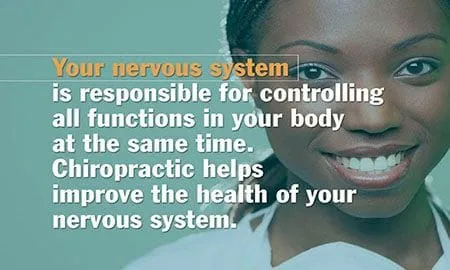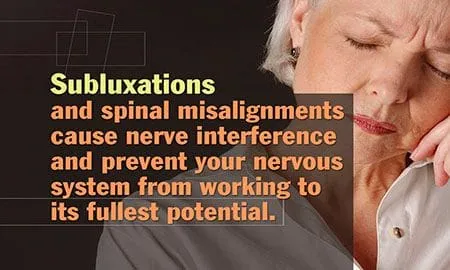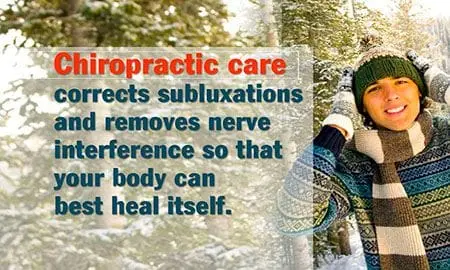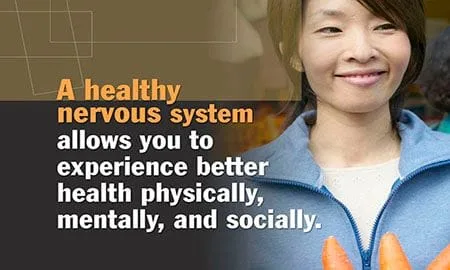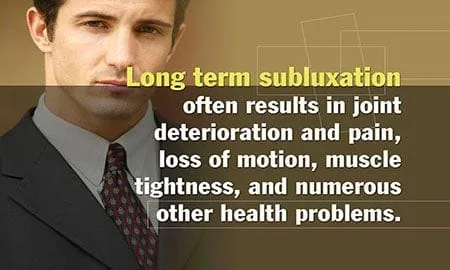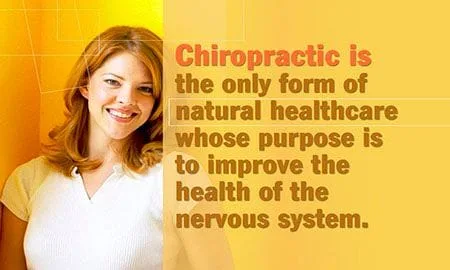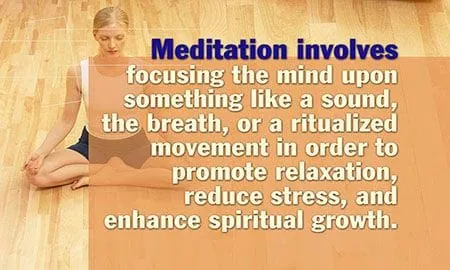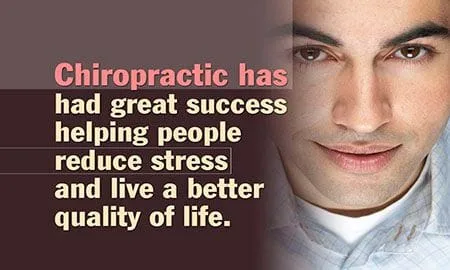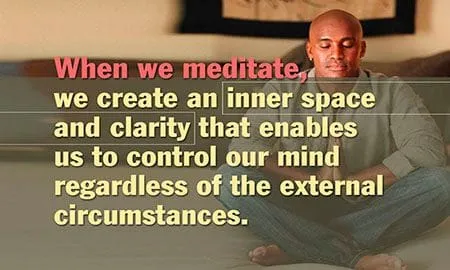Back Pain and Chiropractic Treatment
Almost everyone gets back pain at some time, but staying active, with the help of chiropractic treatment, may well be the best solution.

Back pain is said to be multi-factorial and multi-etiological. It means that it has many causes and there are many reasons for it. Much has been written about back pain and its causes. It is a complex subject and therefore the explanations are often over-simplified, which can be misleading. We as chiropractors hope that this information will be easy to understand but not too simplistic. At the ISIS Chiropractic Centres we want you to understand your condition before the treatment commence so you can make an informed decision about your care.
The spine consists of many structures that can signal pain and therefore be part of why you have pain. The most common type of injuries are ligament and joint injuries. Sometimes these injuries are referred to as 'simple back pain' but there is rarely anything simple about it.
Disc injuries are much less common. About 5% of all back pain relates to disc injuries, and fortunately only about 5% of them need surgery. The term 'slipped disc' is often used as a blanket diagnosis but is a misleading phrase as the disc does not slip (and can not be 'pushed back in' again by chiropractors, or anybody else for that matter).
The Spine
The human spine is quite a phenomenal piece of engineering. Developed through years of evolution or by intelligent design? Well, that is probably a discussion for another forum. But it is extraordinary how well it does its job.
You may have heard people say that "we were not made to walk upright" and "if we walked on all fours we wouldn't suffer from back pain".
Both statements are wrong. The human spine and pelvis are quite different from for example the chimpanzee's who prefer to walk with the aid of their arms and hands. The chimpanzee's back and pelvis is not made for walking upright. Just watch how they walk when they walk on their hind legs only.
And secondly, animals such as dogs and horses do get problems with their backs. Ask any vet or chiropractor who treats animals.
The reason we get problems with our backs is mostly down to ourselves. It is not surprising that back pain is on the rise, in general we sit too much, exercise too little, and we often eat the wrong things. When we lift we often lift the wrong way and we do too much in one go. Let's face it, we often abuse our backs. Most people do not even give their back a second thought until it starts to hurt.
The spine, although a strong and robust structure, needs to be maintained and looked after to ensure that it is not going to give you pain and discomfort.

The Anatomy
The spine consists of 24 vertebrae with discs between them. In the spinal canal run the spinal cord and a set of two spinal nerves which exit at each vertebra. Between each vertebra there are two joints (facet joints), there are ligaments for passive support, and several layers of muscles for active support. This makes it a strong but also flexible structure allowing us mobility and at the same time giving good protection for the spinal cord and nerves.
So why do we feel pain?
The spine's components, bones vertebrae, discs, joints, ligaments, muscles, nerves, and blood vessels are all pain sensitive to a greater or lesser degree. So why do we feel pain?
Well the sensation of pain is a protective mechanism and without it we would constantly hurt ourselves without knowing it. That would lead to irreparable injury and ultimately a serious threat to our survival.
The distribution of pain nerves is not equal over the body. The greater the risk of injury to a body part the more pain fibers there are. For example, our fingers and toes are more sensitive to pain and temperature than our torso.
The structures of the spine that have the most pain nerves are the joint capsules of the facet joints (spinal joints). So, it is reasonable to assume that the 'designer' of the spine expected the joints to be the most likely to get injured. The joints, muscles and ligaments are also full of mechanoreceptors (nerve endings that sense movement and position), which give the nervous system feedback of our activities. This also helps to protect the spinal structures.
Why do injuries occur?
Essentially, the spine is a long chain of joints which are protected by ligaments and muscles. If some of the links stiffen up through injuries or anatomical changes it makes other links move more to compensate and eventually the overuse of the flexible joints cause pain through sprain. Most injuries are caused by what is called recurrent micro-trauma, or many small repetitive injuries, until the proverbial 'last straw'. That is why people often hurt themselves doing very trivial things such as bending to pick up a pen. In reality, they hurt themselves before they even lifted the pen. Injuries do not have to involve heavy lifting, they are more often caused by awkward movements, maybe things that you have done a hundred times before.
Once the injury has occurred and the nerve signals pain, the surrounding muscles go into a protective spasm to help to splint the injured area. After a while the muscle becomes more and more painful. Quite often the pain in the tight muscle become more severe and takes over the symptoms. That is why it often feels muscular in nature but the cause of the problem is the injured joint. This is especially true if you have recurring problems.
Why does the back pain recur?
If you suffer recurrent episodes of spinal pain it is usually a sign of what chiropractors would refer to as a 'functional instability'. When you get a join or ligament sprain the body creates scar tissue as part of the normal healing process. Scar tissue is less elastic and breaks more easily. It has been shown that injuries leave the deeper muscles weakened permanently, even after the pain has gone. The only way to make the muscle recover is to do specific exercises (see Spinal rehabilitation).
The nerve endings that are embedded in the ligaments that send signals to the motor control part of your nervous system are also affected when you get an injury. That impairs their ability to warn the active stability system (the muscles) to respond to protect the joints and ligaments.
What can I do to stop the back pain recurring?
There are many different treatments available. Recent research shows that spinal manipulation of the type chiropractors do in combination with exercise is the most effective treatment for both acute and chronic back pain. Chiropractors advocate to deal with the underlying neurological, mechanical and muscular problems. Just relying on taking pain killers and rest does not deal with either of these causes, so even if the pain goes away with rest it is bound to come back due to the remaining underlying weakness.
My pain usually goes in a couple of days
That is good. But each time you injure your back you create more of a weakness. The natural progression of back pain is that after each time you are more likely to get another episode. The episodes usually get more frequent and start to last longer and eventually the pain does not go away at all. The biggest risk factor for getting back pain is having had a previous episode and recurrent injuries to the same area is what eventually can cause a disc herniation (see Disc injuries).
Pain killers simply mask the pain!
Chiropractic treats the cause of the pain, unlike pain killing drugs, which just mask the symptoms.
For more information and advice on how chiropractic can help you in the treatment of back pain, including disc herniation, sciatica and referred pain, contact your local chiropractor at ISIS Chiropractic Centers.
To find out about common misconceptions about back pain click here.
Read more about the different types of back injuries here:
Facet Joint Syndrome / Facet Joint Sprain
The facet joints are located between each vertebra with a supporting system of ligaments and muscles. Pain from these joints can be a result of a ligament sprain, repetitive micro-trauma or 'wear and tear'. This is probably the most common back injury and can occur at any age.
Sacroiliac Joint Syndrome / Sacroiliac Joint Sprain
The Sacroiliac Joints are large strong joints located either side of the spine and join the pelvis to the spine via the sacrum. These joints transfer load between the upper to lower body. These joints are particularly vulnerable in the last trimester in pregnancy.
Muscle Spasm
Joints and muscles work together throughout the body to allow the body to move efficiently. Therefore when a joint has been injured, it affects the muscles of the low back as well. Muscles often go into protective spasm to protect the area but the body tends to overcompensate. These tight muscles can then produce pain themselves aggravating the problem. Pain can be localized to the lower back or referred into the buttocks and legs.
Disc Herniation / Slipped Disc / Disc Protrusion
The 'discs' are located between each vertebra in the spine. They are strong and flexible allowing movement of the spine. They also act as a shock absorber and transmit loads up and down the spine. When I disc is injured, a gel-like substance from inside the disc can bulge out causing inflammation or compression of the nerves that exit the spine. This results in the associated leg symptoms.
Piriformis Syndrome
This is a condition that involves a muscle called the piriformis. It is located deep in the buttock and can compress the sciatic nerve, giving similar symptoms as a disc herniation.
Central Stenosis / Spinal tenosis
Pain is caused by compression of the spinal cord (myelopathy). This can be caused by bony outgrowths (osteophytes) caused by 'wear and tear', congenital variations, and scar tissue post-surgery. Walking and standing aggravate pain, causing 'claudication' - leg pain. Usually only affects people over 50.
Lateral Dynamic Stenosis
Pain is caused by compression of the affected nerve as it exits the spine. This can be caused by bony outgrowths caused by 'wear and tear' on the spinal joints, facet joint injury, disc herniations, congenital variations, trauma and scar tissue post-surgery.
Modic changes
Modic changes are only seen in MRI scans. The diagnosis is a relatively recent addition to the list of possible reasons for back pain. It is linked with degenerative changes especially wear and tear of the discs.
Evans Chiropractic will carry out a thorough examination (including x-rays if necessary), take a full medical history, check your posture and discuss your lifestyle to try and establish the cause of your back pain and make a detailed diagnosis.


